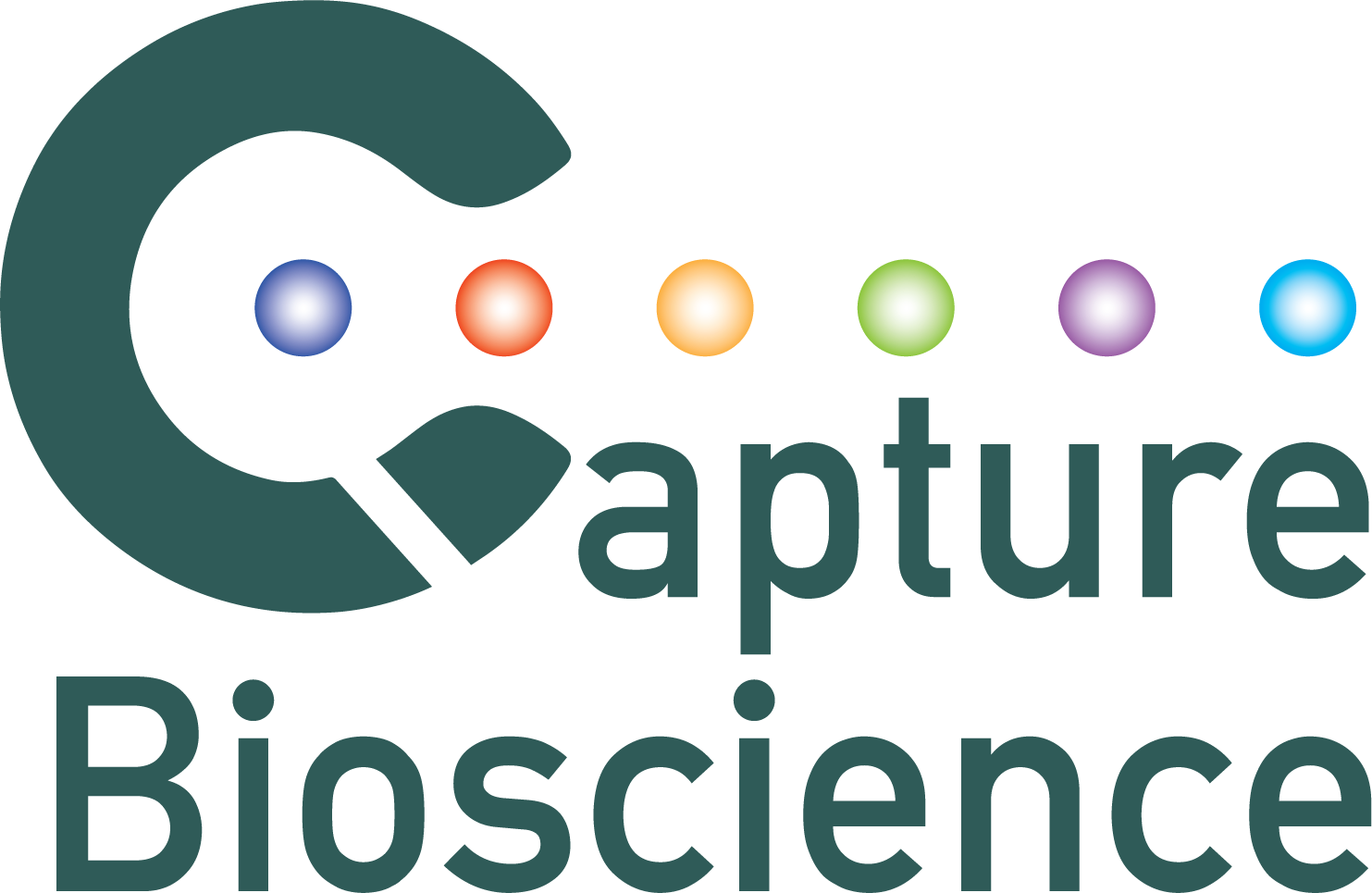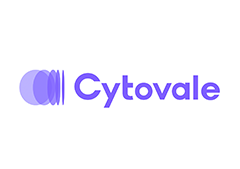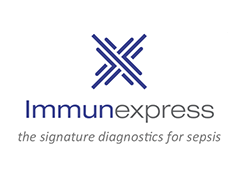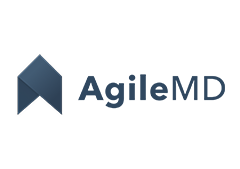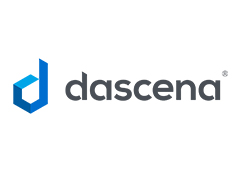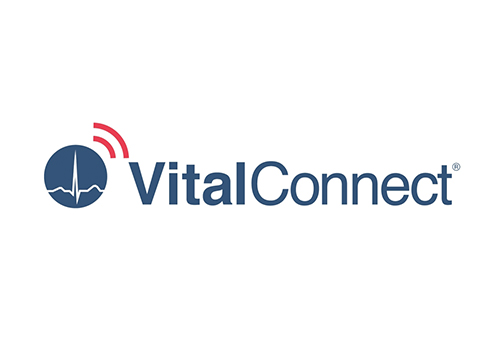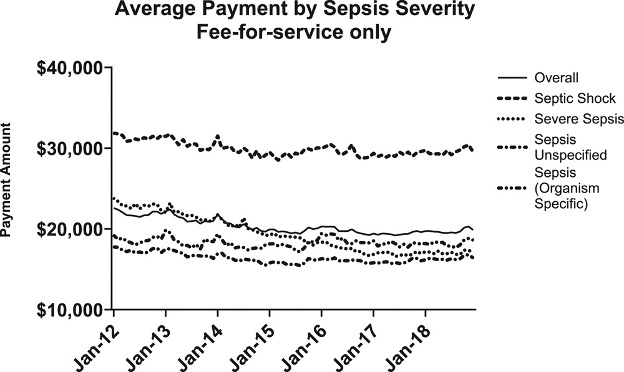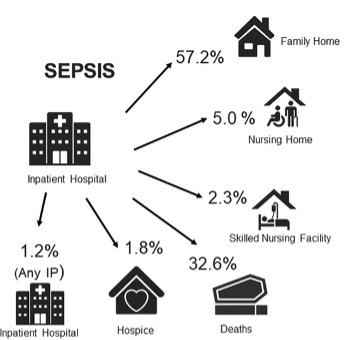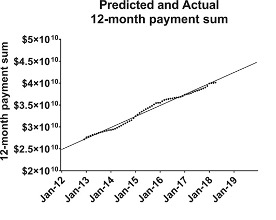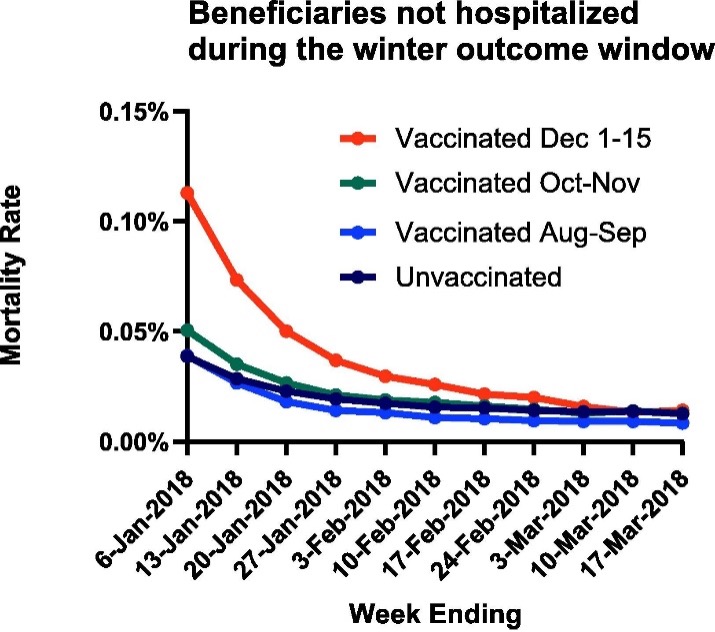OVERVIEW
When health is compromised by an infection or injury, the body's response can trigger a cascade of protective activities. Host-based diagnostics (HBDs) focus on these responses, not the threat itself, providing a threat agnostic complement to pathogen-based diagnostics. They can aid clinical decision making by providing insight into a patient's past infectious status, current immunity, infection severity, or future status, including the trajectory of deterioration to severe outcomes (eg; sepsis). These threat agnostic approaches not only have potential to map an individual patient's status- HBDs can also help address existing gaps in our ability to respond to unidentified threats.
PARTNERS
Companies we have partnered with on this program to date
APPROACH
This program will bolster national preparedness by supporting the development, validation, and regulatory approval of host-based tools and approaches, with an emphasis on assessment of the clinical utility. HBDs encompass a broad range of technologies capable of leveraging various data types from an individual such as genomic biomarkers, cellular responses and physiological data, which may be analyzed by integrated algorithms.
Our current areas of focus include:
- Pathogen agnostic detection of infection, severity, or health deterioration in clinical settings outside of the hospital
- Demonstrate the clinical utility of HBDs for changing patient outcomes
- Utilize methods (e.g., cell-mediated immunity, epigenetic markers) that can inform on a patient's prior infectious status or current status of immunity
- Stratification of patient subpopulations to guide clinical trial design or identify appropriate treatment
Program Goals
Develop Threat Agnostic Approaches For Health Security
Demonstrate clinical value of HBDs for patients and healthcare providers
Improve Patient Outcomes
Gain insight into patient risk or status to inform on clinical management across various care settings
De-Risk Regulatory Approaches
Support regulatory strategies for novel products
HOST-BASED DIAGNOSTICS
AOI #23: Host-Based Diagnostics
Funding
Opened
10/18/22
Funding
Closes
6/30/23
Program Faq
Our technology addresses either a bacterial or a viral infection. Would the HBD program be interested?
For this program, the medical countermeasure should be able to address infection via any etiology, and is not limited to one or the other.
We have developed a trial plan for the technology, but do not have any clinical data. Is this sufficient for proposal submission for a HBD AOI?
Proposals must include prior demonstration and preliminary clinical data to support the use for their intended indication. Additionally, the device should be considered near-translational science, and these AOls are unable to fund exploratory efforts at this time.
Our diagnostic is geared towards the monitoring of sepsis exclusively in an in-patient capacity and have not considered expanding. Would the HBD program be interested?
At this time, the HBD program is not considering diagnostics solely used in the inpatient setting. Spaces of interest include: pre-hospital, urgent/emergency care, and post-discharge/recovery settings.

